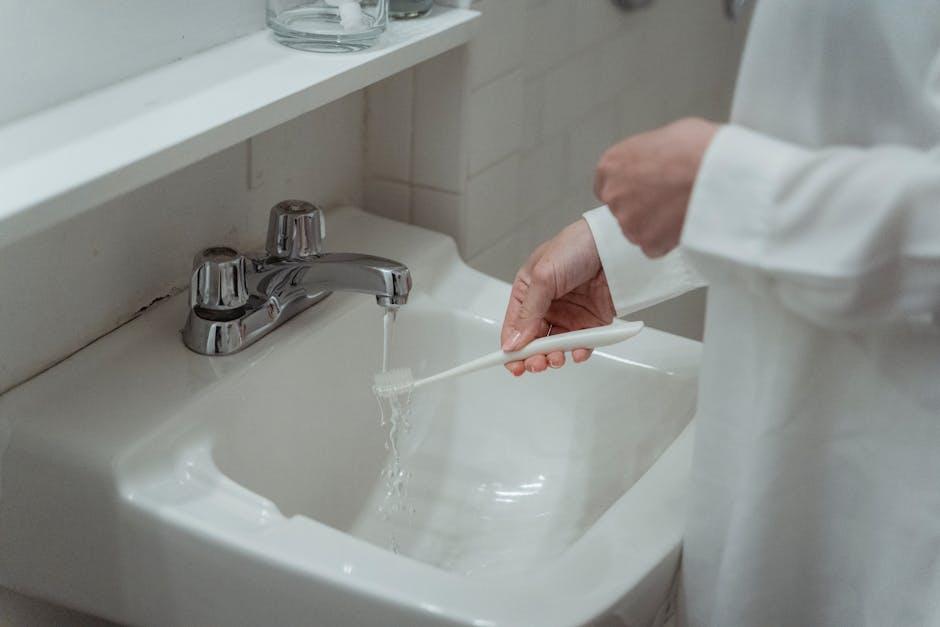
Ending Water Fluoridation May Cost Billions of $$ and Rot Millions of Teeth – MedPage Today
Water fluoridation has been a cornerstone of public health dentistry for over 75 years, drastically reducing tooth decay and improving the oral health of millions. But with growing debates about its safety and effectiveness, some communities are considering banning this proven preventive measure. According to recent insights reported by MedPage Today, ending water fluoridation could potentially cost billions in dental care expenses and lead to a surge in untreated tooth decay affecting millions of teeth nationwide.
What is Water Fluoridation?
Water fluoridation is the controlled addition of fluoride to public water supplies to reduce the prevalence of cavities and dental decay. It is endorsed by leading health organizations such as the American Dental Association (ADA), the Centers for Disease Control and Prevention (CDC), and the World Health Organization (WHO).
The Economic Impact of Ending Fluoridation
Ceasing water fluoridation isn’t just a health concern — it also presents significant economic challenges. Here’s how the costs stack up:
| Cost Factor | Estimated Annual Cost | Impact |
|---|---|---|
| Increased Dental Treatments | $2.2 Billion | More cavities lead to more fillings and extractions |
| Lost Productivity | $800 Million | Time off work and school for dental problems |
| Emergency Dental Care | $500 Million | Higher emergency visits from untreated decay |
| Total Annual Economic Burden | $3.5 Billion+ | Overall added public health and financial strain |
The Dental Health Consequences
The direct consequence of stopping fluoridation is a rapid increase in cavities and tooth decay, especially among vulnerable populations such as children, the elderly, and low-income families. According to studies highlighted by MedPage Today:
- Millions of teeth would experience accelerated decay and potential tooth loss.
- Young children are more susceptible to early childhood caries, which can affect speech, nutrition, and self-esteem.
- Lack of fluoride leads to increased treatment needs that many families cannot afford.
Why Fluoride Matters
Fluoride helps remineralize tooth enamel, making teeth more resistant to acid attacks from plaque bacteria and sugars in the mouth. This natural protective effect dramatically reduces the incidence of tooth decay. Removing this protection can lead to a “cavity epidemic” that strains health care systems and damages overall quality of life.
Benefits of Continued Water Fluoridation
Maintaining water fluoridation provides numerous dental and societal benefits, including but not limited to:
- Cost-effective prevention: Saves money by reducing dental treatment expenses.
- Equitable health benefits: Protects all community members regardless of income or access to dental care.
- Reduced tooth loss: Improves long-term oral health outcomes, preserving natural teeth.
- Improved public health: Generates less strain on emergency dental services and healthcare infrastructure.
Case Study: Impact of Fluoridation Cessation
When the city of Calgary, Canada, discontinued water fluoridation in 2011, the results were telling. In the subsequent years:
- Cavity rates increased by approximately 30% among children within 3 years.
- Dental hospital admissions rose due to severe tooth decay complications.
- The city faced increased public health costs exceeding the savings from stopping fluoridation.
Practical Tips to Protect Your Teeth If Fluoridation Ends
If your community is considering or has ended water fluoridation, here are practical steps you can take to safeguard your dental health:
- Use fluoride toothpaste and mouthwash: Apply daily for cavity prevention.
- Maintain regular dental checkups: Early detection of problems limits complications.
- Limit sugary and acidic foods: Keep enamel strong by minimizing decay-causing diets.
- Consider fluoride varnish treatments: Speak with your dentist about professional fluoride applications.
- Adopt good oral hygiene practices: Brush twice daily and floss regularly.
Conclusion
Water fluoridation remains one of the most effective, safe, and economical ways to prevent tooth decay on a community-wide scale. According to MedPage Today, eliminating this public health measure could lead to billions of dollars in added dental costs and cause millions of teeth to deteriorate unnecessarily. As the debate around fluoridation continues, it is crucial for policymakers and the public to weigh the significant economic impacts and health risks of ending this proven preventive strategy.
For individuals, maintaining diligent oral hygiene and seeking regular dental care become even more important should fluoridation cease. Ultimately, preserving water fluoridation safeguards smiles, reduces health disparities, and saves money — a public health win worth protecting.


